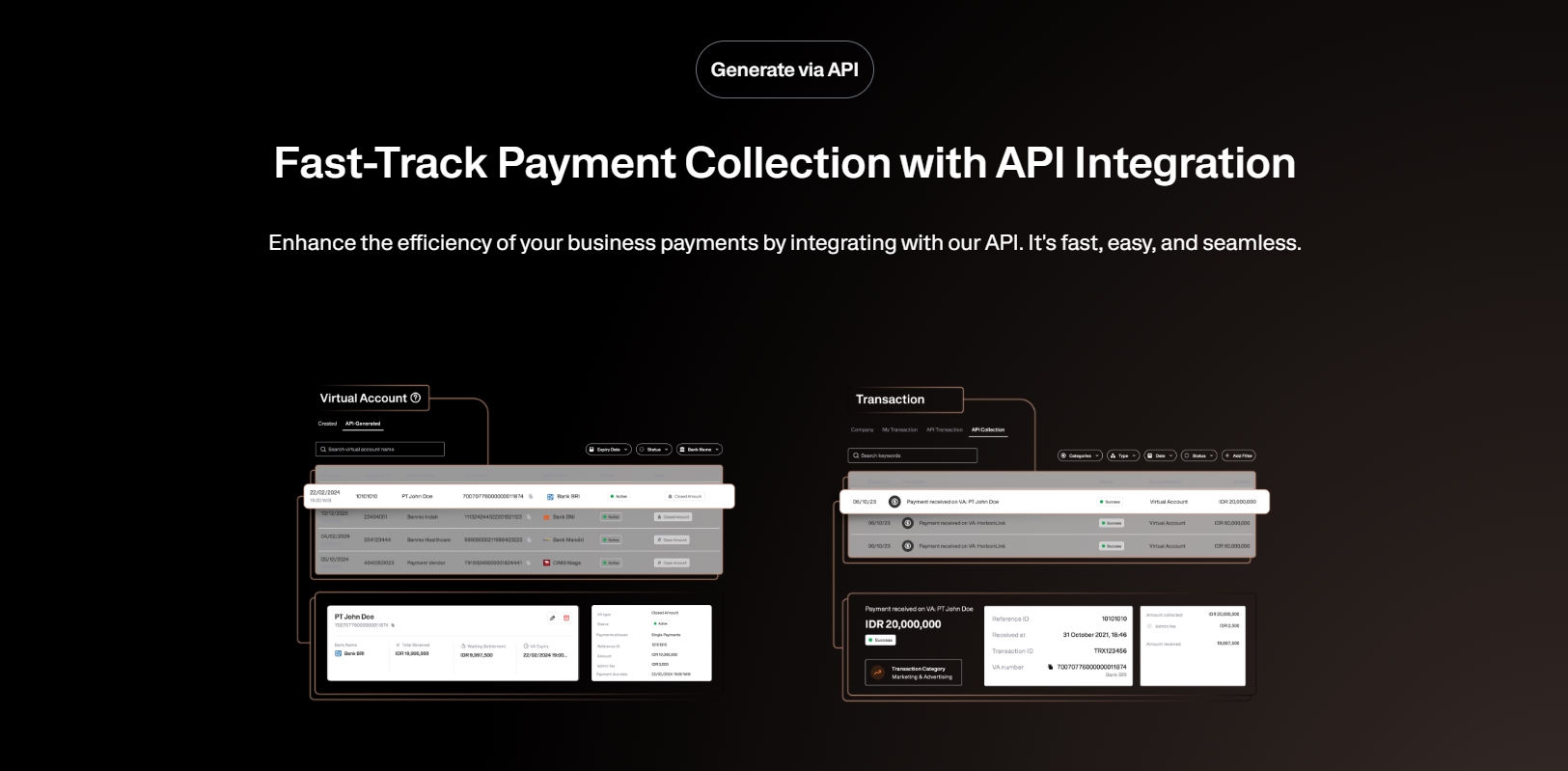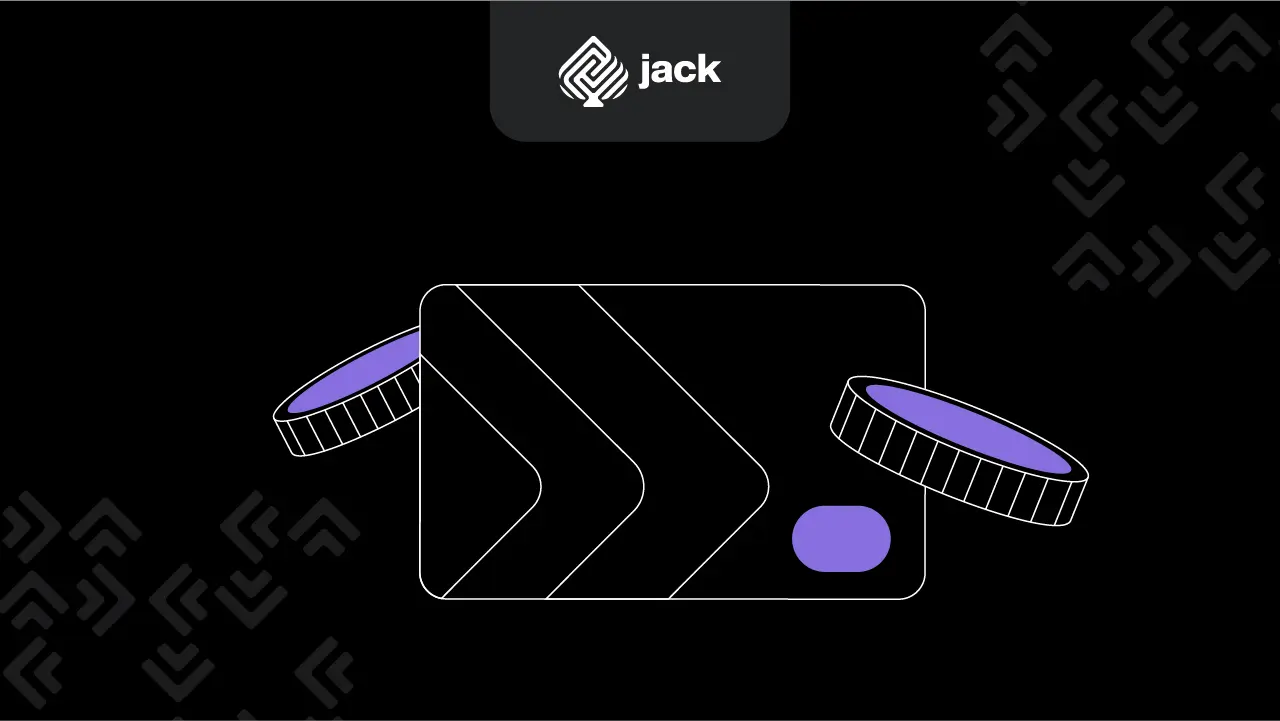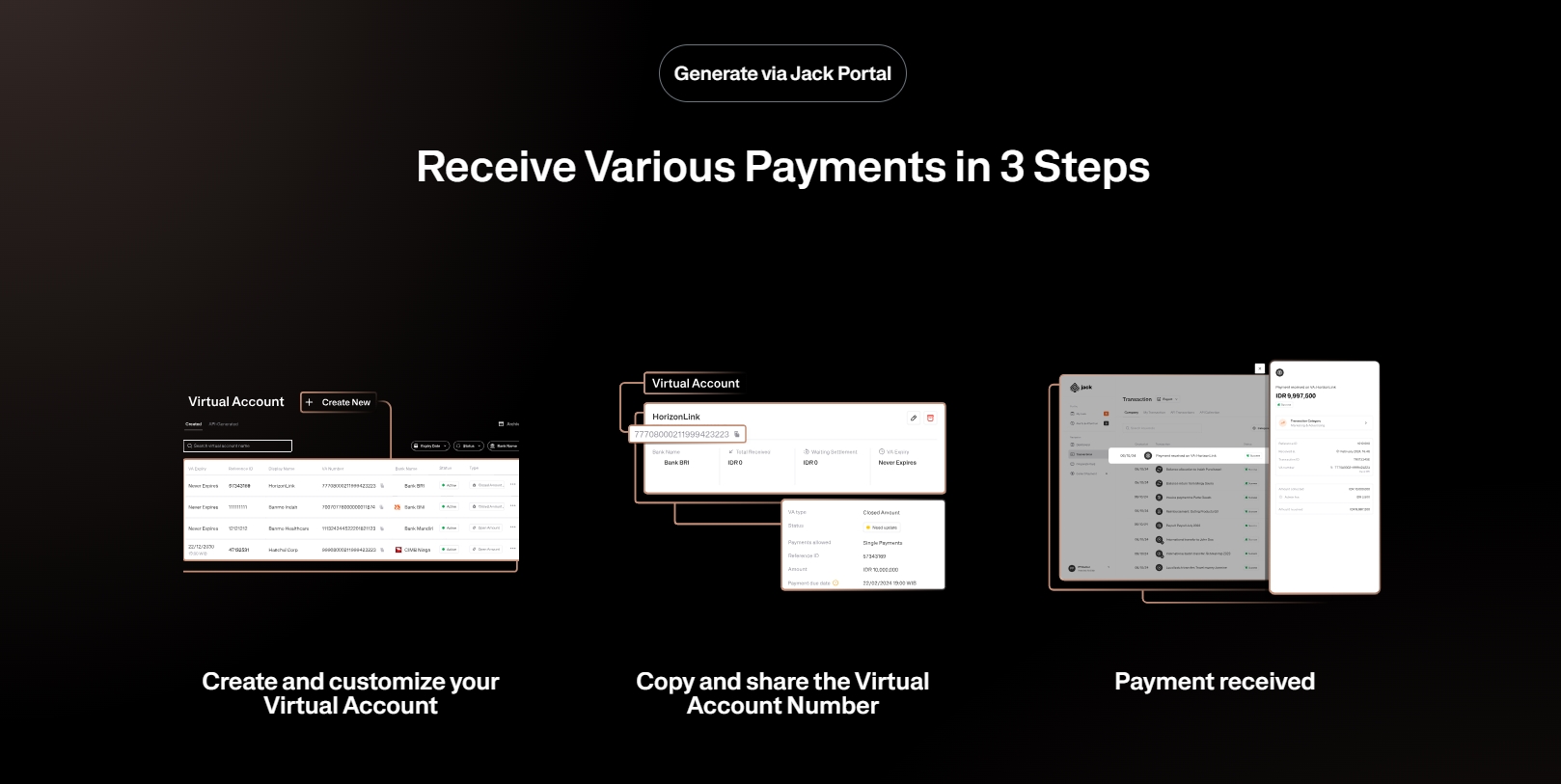Technology has revolutionized the way sales teams operate. Sales tracking apps are no longer just optional tools but essential assets for any business seeking to remain competitive and efficient. The advancements in sales tracking software in 2025 offer innovative solutions to enhance your team’s productivity.
Also read: Easier, Automatic, and Real-Time Transactions with API Disbursement
Why Are Sales Tracking Apps Crucial for Your Business?

In today’s competitive landscape, sales tracking software provides an undeniable strategic advantage by enabling companies to work smarter instead of harder.
Modern sales tracking apps do more than just location tracking; they integrate features such as route planning, performance analytics, and operational cost savings. With the help of advanced GPS, artificial intelligence, and data management tools, businesses can:
1. Optimize Time Management
Minimize time wasted on route planning and administrative tasks.
2. Improve Tracking Accuracy
Monitor sales team performance in real-time with high precision.
3. Save Operational Costs
Streamline business processes and reduce unnecessary expenses.
4. Enhance Decision-Making
Provide comprehensive data for smarter sales strategies.
Top 10 Sales Tracking Apps for 2025

Here are 10 highly recommended sales tracking apps that can help your business boost the efficiency and effectiveness of your sales team in 2024.
1. Klikpeta Sales
Best For: Companies with multiple customer locations and advanced route mapping needs.
Klikpeta Sales is a locally developed app in Indonesia that uses AI to assess traffic and distances for determining the fastest, most efficient routes. With seamless CRM integration, it’s an ideal choice for businesses looking to optimize their daily sales operations.
Key Features:
- Smart customer location mapping
- Fast route calculation based on traffic conditions
- Seamless integration with local CRM
2. SalesRabbit
Best For: Sales teams needing real-time location tracking and prospect management.
SalesRabbit empowers managers to maximize productivity with detailed performance reports and sales tracking software tools.
Key Features:
- Real-time sales location tracking
- Advanced prospect management
- Comprehensive performance reports
3. Badger Maps
Best For: Companies needing smart integration with Google Maps for route planning.
Badger Maps transforms how sales teams plan and execute visits by integrating geographic and sales data. Its ability to find potential customers based on location and previous visit patterns makes it an effective tool for territory management.
Key Features:
- Optimal route planning
- Location-based customer search
- CRM integration with Salesforce and HubSpot
4. Field Force Manager
Best For: Companies with widespread field teams requiring comprehensive operational control.
Field Force Manager offers integrated field management, enabling companies to optimize sales team performance in real-time. Location-based attendance and automatic report submission make it ideal for businesses with dispersed teams.
Key Features:
- GPS-based attendance tracking
- Automatic report submissions
- Task and team assignment management
5. GeoOp
Best For: Businesses needing flexible and efficient field management with invoicing capabilities.
GeoOp allows sales teams to track locations, complete tasks, and create invoices directly from the app. Its intuitive interface makes it suitable for companies needing high flexibility in field management.
Key Features:
- Real-time job assignments
- Digital invoicing management
- Field activity tracking

6. Salesforce Maps
Best For: Companies using the Salesforce ecosystem needing advanced geospatial analytics.
Salesforce Maps leverages geospatial analytics to identify sales opportunities based on location. Its data visualization and sales potential prediction features help sales teams make better decisions.
Key Features:
- Geospatial data visualization
- Location-based sales potential predictions
- Salesforce integration
7. MapMyCustomers
Best For: Sales teams needing an intuitive interface and smart visit scheduling capabilities.
MapMyCustomers allows sales representatives to schedule visits more efficiently and prioritize clients based on success potential. The app is perfect for teams needing interactive performance reporting.
Key Features:
- Smart visit scheduling
- Prospect potential assessment
- Interactive performance reports
8. eSpatial
Best For: Companies needing geographical analysis tools for sales strategies.
eSpatial simplifies territory allocation and market analysis for more effective sales strategies. It’s ideal for companies wanting deeper insights into their market regions.
Key Features:
- Automatic territory division
- In-depth market area analysis
- Geographic strategy planning
9. Route4Me
Best For: Companies managing large vehicle fleets for sales visits.
Route4Me optimizes travel routes for sales teams using advanced algorithms. This app is ideal for companies managing sales fleets.
Key Features:
- Fastest, most efficient route determination
- Complex sales fleet management
- Multi-platform integration
10. ConnectMyApps
Best For: Companies needing high application integration for sales.
ConnectMyApps offers high flexibility by integrating various sales applications, enabling centralized data management. It’s perfect for businesses using multiple platforms and looking to streamline workflows.
Key Features:
- Customized sales workflows
- Cross-application integration
- Centralized data management
Use Jack for your business needs
Selecting the right sales tracking app can significantly enhance your sales team’s productivity. Evaluate each solution based on your business needs, whether you’re managing daily sales records, optimizing routes, or tracking performance for small businesses.
Make informed decisions by consulting with app providers and exploring demo versions to find the best fit for your business goals.






